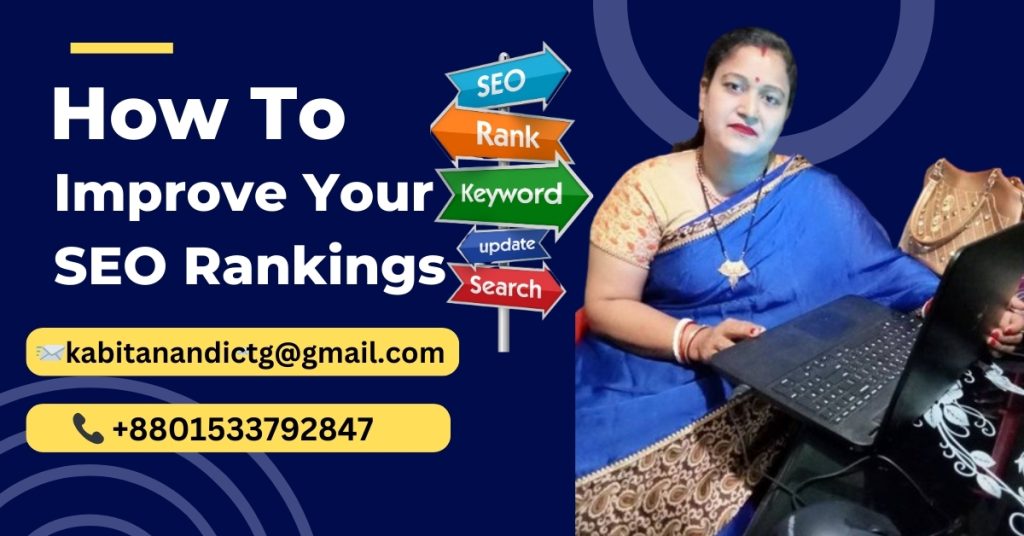HOW DOES SEO HELP IN ONLINE MARKETING, AND WHAT ARE THE KEY RANKING FACTORS?
SEO HELP IN ONLINE MARKETING, AND THE KEY RANKING FACTORS, Search Engine Optimization (SEO) is a critical component of online marketing because it enhances a website’s visibility in search engine results pages (SERPs). Higher rankings lead to more organic traffic, meaning more potential customers without needing paid advertising. Here’s how SEO benefits online marketing:

- Increases Organic Traffic – Optimized websites rank higher in search results, leading to more clicks and visits.
- Builds Credibility and Trust – Higher rankings signal to users that a website is authoritative and relevant.
- Improves User Experience (UX) – SEO involves optimizing website speed, mobile responsiveness, and navigation, leading to a better experience.
- Boosts Conversions – Targeting the right keywords attracts users who are actively searching for products or services.
- Cost-Effective Marketing – Unlike paid ads, organic traffic from SEO doesn’t require ongoing ad spend.
- Long-Term Benefits – While SEO takes time, its impact is long-lasting compared to short-term PPC campaigns.
Key SEO Ranking Factors
SEO HELP IN ONLINE MARKETING, AND THE KEY RANKING FACTORS
Search engines like Google use various ranking factors to determine which websites appear at the top of SERPs. Some of the most important factors include:
1. On-Page SEO Factors
- Keyword Optimization – Using relevant keywords naturally in titles, headers, and content.
- Content Quality – Informative, engaging, and unique content that satisfies user intent.
- Title Tags & Meta Descriptions – Well-optimized metadata improves click-through rates.
- URL Structure – Short, keyword-rich, and descriptive URLs help both users and search engines.
- Internal Linking – Linking to relevant pages within your site improves navigation and SEO.
- Backlinks – High-quality, relevant backlinks from authoritative sites improve rankings.
- Social Signals – Engagement on social media can indirectly boost SEO.
- Brand Mentions – Being mentioned (even without a link) signals authority to search engines.
- Page Speed – Faster websites rank higher and offer a better user experience.
- Mobile-Friendliness – Google prioritizes mobile-first indexing.
- Secure Website (HTTPS) – A secure site improves trust and ranking.
- Structured Data (Schema Markup) – Helps search engines understand content better.
- XML Sitemap & Robots.txt – Helps search engines crawl and index your site effectively.
4. User Experience (UX) & Behavioral Factors
- Dwell Time & Bounce Rate – Engaging content keeps users on your page longer.
- Click-Through Rate (CTR) – A compelling title and description encourage more clicks.
- Core Web Vitals – Measures site loading speed, interactivity, and visual stability.

